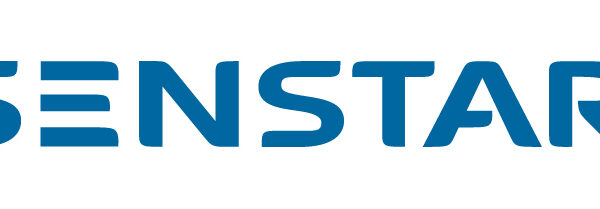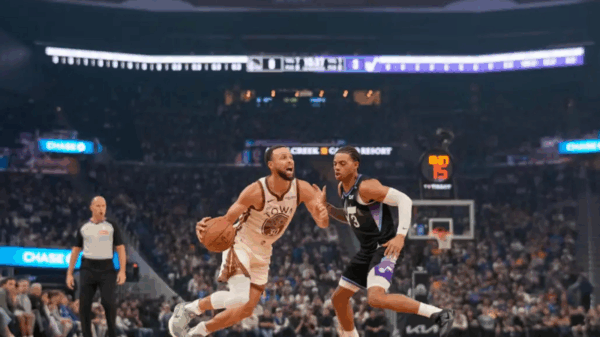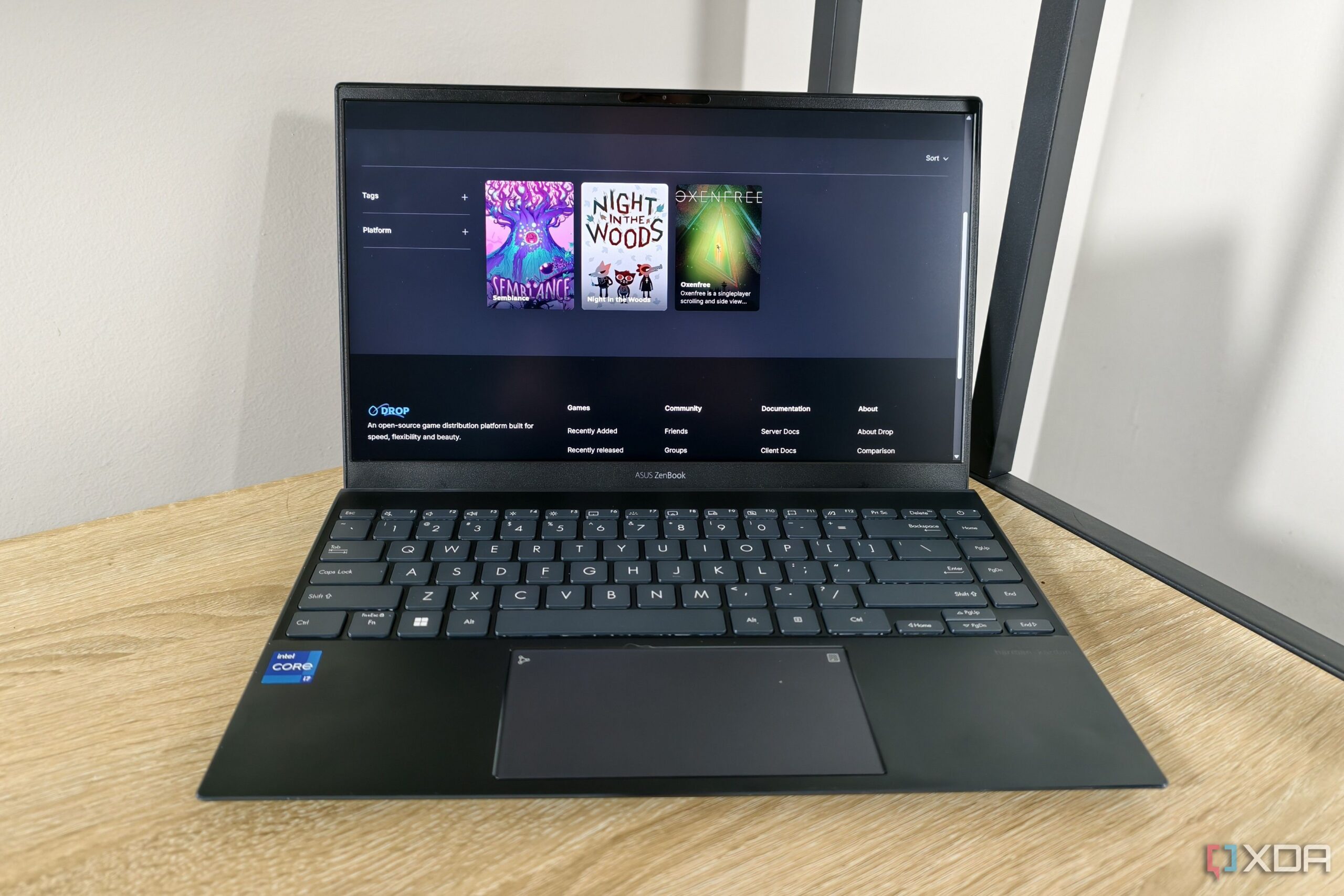UPDATE: A revolutionary open-source tool called Drop has just launched, providing gamers with a self-hosted, DRM-free alternative to popular platforms like Steam. This innovative game distribution platform allows users to store and update their favorite titles on a personal server, making it easier than ever to enjoy games without the constraints of digital rights management.
Drop’s developers have confirmed that the platform is compatible with Linux, Windows, and macOS, expanding access for gamers across different systems. The urgency for such alternatives is palpable, especially as players grow increasingly frustrated with the limitations imposed by conventional gaming platforms.
This game launcher operates via a self-hosted server, enabling users to manage their library of games efficiently. After setting up the Drop server, users can easily link it to friends and other clients, broadening their gaming experience. The developers emphasize security, allowing users to control access through simple authentication or OpenID Connect configurations.
What sets Drop apart is its ability to curate a library of DRM-free games that players can access anytime, without worrying about titles being removed from digital storefronts. Users can choose which games to add, and they benefit from features like cross-platform support and a user-friendly web dashboard for managing their libraries.
The project is still in beta, but the development team has ambitious plans for future enhancements, including P2P downloads, game networking capabilities, cloud saves, and playtime tracking. This positions Drop as a potentially game-changing tool for gamers who want more control over their purchases.
To get started with Drop, users need three essential components: the Drop server, the Drop desktop client, and their game files. Setting up the server is straightforward, guided by the official docker-compose.yml file. Once operational, users create an admin account to import and manage their games, utilizing metadata from sources like PCGamingWiki to enrich their library experience.
The emotional impact of Drop is significant. Players who have lost access to games due to DRM restrictions or store removals can now breathe a sigh of relief. For example, many were disheartened when titles like Oxenfree were delisted from platforms such as Itch.io. With Drop, games are hosted on the user’s server, eliminating concerns about titles disappearing and providing peace of mind.
Moreover, Drop’s offline capability allows gamers to launch their titles without needing the server running, a stark contrast to Steam’s cumbersome offline mode, which requires prior authentication.
As excitement builds around Drop’s potential, the gaming community is eagerly anticipating its evolution. The upcoming features promise to enhance the user experience significantly, positioning Drop as a compelling alternative to Steam and other mainstream services.
As more gamers seek out DRM-free options, Drop may soon reshape how users think about game ownership. With increased pressure on established platforms, the self-hosted solution encapsulates a growing desire for autonomy in digital gaming.
Stay tuned for further updates as this exciting tool develops and gains traction among the gaming community. Don’t miss out on sharing this groundbreaking news with fellow gamers who crave freedom in their gaming experience.




































































